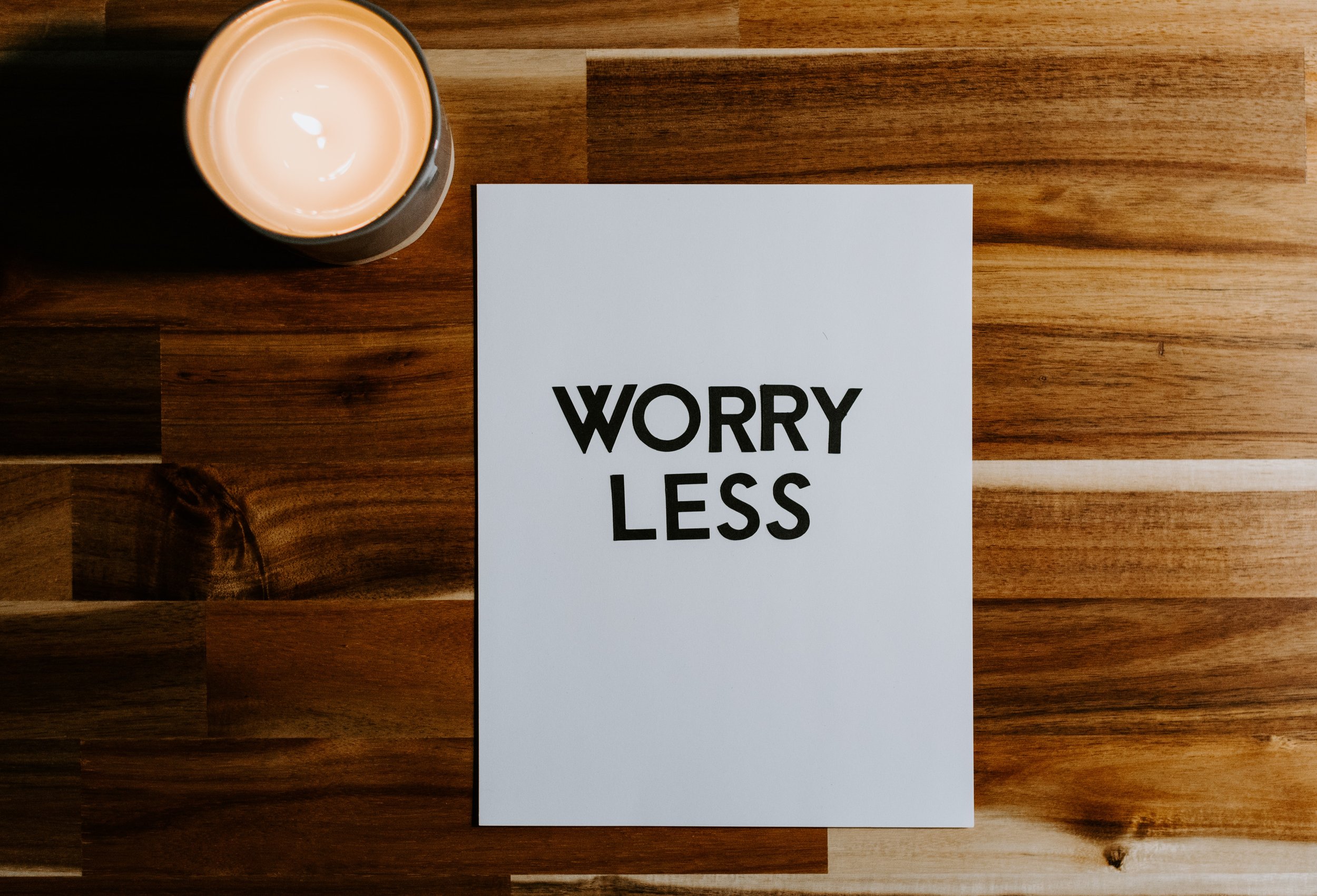Stress

As much as we would like to never experience grief, it is a universal experience that is unfortunately inevitable. Grief is the acute feeling of shock, overwhelming sadness & pain when someone passes away. It comes on suddenly, is strong & usually knocks the wind out of us. Grief comes in waves & may impact you at different times in your life. For example, if you just received a promotion at work, your first instinct might be to call your mother to share the good news. As you pick up the phone, you suddenly remember that your mother passed away a few years ago. The realization that she is no longer living, causes feelings of grief to wash over you. This is how grief ebbs & flows. Grieving on the other hand is the process of how we adapt to this loss in order to move forward with our lives. Grieving is fluid & demonstrates the relationship we have with grief as it changes over time.

When many of us think of “wellness”, the first thing that may come to mind is our physical or mental health. Although our physical and mental health are important aspects of our wellness, there are many more contributing factors. Debbie Stoewen identifies eight separate, but equally important, components of wellness (2017). These eight components, named the “Dimensions of Wellness”, are independent of one another, but can also significantly influence and impact each other as well. These dimensions don’t require equal attention paid to them, but neglecting one can have negative consequences on the others, including our overall wellness.

It’s that time of the year again. St. Patrick’s day can be a highly anticipated celebration for many people. Many times there are parade’s and day long events that often include excessive alcohol intake. People usually start early and day drinking can be something glorified and bragged about on social media. If you live in or around the Jersey Shore you know that parade season can last a few weekends. This trend can leave a lot of triggers for people who are recovering and trying to protect their recovery with substance use. Even if you want to go to the parade, the temptation and environment can be difficult when you see people inebriated, slurring their words, and being rambunctious. The boardwalk’s starting to come alive again. Bars are flooded and food concessions are open.

Sleep is a crucial part of our lives, and it’s essential for good health. However, in today’s fast-paced society, it’s easy to get caught up in a cycle of sleep debt. Sleep debt is a term used to describe the cumulative effect of not getting enough sleep over time. This can happen if we consistently go to bed late and wake up early, or if we have poor sleep quality. When we don’t get enough sleep, our bodies start to accumulate a sleep debt, which can lead to a range of physical and mental health problems.

Being a parent and finding out that your child has been intentionally harming themselves without any intent to kill themselves can be bring up a range of emotions; it can be upsetting, difficult, and maybe even confusing. It is something that no parent ever wants to learn about their child. This can bring up many questions for a parent related to how to proceed or why this is happening. The following will help best answer these questions.

Dialectical Behavioral Therapy, or DBT, is a model of therapy that emphasizes skills-based interventions to help develop coping strategies and effectively manage moods. Sacred Self is one of the skills taught through DBT. This skill is a powerful tool for mindfulness, self-validation, and self-love. As we break down this skill, please try and envision what this would look like in your life.

Are you lazy or is this just plain old procrastination? In order to answer this complicated question, let’s first examine the definitions of both. Procrastination is defined as the act of delaying or postponing something. Laziness on the other hand is voluntarily choosing not to exert energy to complete something. Even though they sound similar, procrastination & laziness are not one in the same. Do you ever make a to-do list and then feel psychologically paralyzed when it’s time to begin? You are not alone. Many people get caught in a cycle of putting things off, which inevitably results in unwanted procrastination. The old saying goes, too many tomorrows & tomorrow never comes.

The 3-3-3 rule for anxiety is a technique that uses emotional grounding to reduce anxiety. The technique gets you to focus on the present, shifting your focus away from your worry. Negative thoughts tend to stem from the future or the past, so by focusing on the here and now, you can reduce your negative thoughts and gain some clarity. The 3-3-3 rule is a short exercise that you can use on a daily basis or during moments of high stress or anxiety.

Most people are familiar with the standardized assessment and scoring to assess intelligence- IQ (intelligence quotient), but oftentimes the topic of emotional intelligence (also known as emotional quotient) is overlooked. It can be helpful to learn and implement skills that assist in understanding and increasing emotional intelligence.

Overthinking is a common struggle that can lead to increased anxiety, stress, and negative emotions. Most thoughts and feelings are very temporary. However, it is the chain of thoughts and emotions we may engage in that causes these undesired feelings to outstay their welcome. If you struggle with overthinking, you are not alone; there are several strategies you can use to reduce or eliminate habits of overthinking and improve your mental well-being.